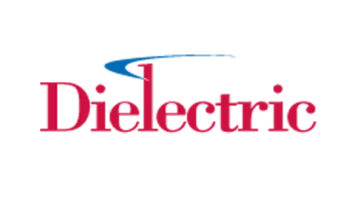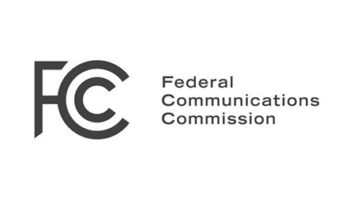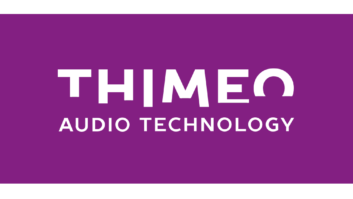The Federal Communications Commission initially dismissed a petition to reconsider the construction of a new FM translator station over issues of listener interference. But it was the licensee’s failure to read the fine print on how and when petitions can be filed that led to the outright dismissal of the translator application.
In 2018, Schwab Multimedia LLC submitted an application to construct a new FM translator in San Fernando, Calif. Soon after, LBI Radio License LLC, which is licensee of FM translator station KBUE in Long Beach, Calif., filed a petition to deny because seven listeners of KBUE were predicted to experience interference from the new translator. Soon after that, KBUE identified an additional seven KBUE listeners who were predicted to experience the same type of interference.
[Read: Media Bureau Changes Course, Revokes CP Grant for Oregon FM Translator]
That led the Media Bureau to dismiss Schwab’s amended application after determining that the proposed FM translator would interfere with those listeners. Schwab responded with a proposal to reduce power of the proposed translator to 1 Watt to eliminate interference for KBUE listeners. The bureau then moved to grant the reconsideration and the amended application in early February.
But LBI was not placated — it said the translator would still interfere with KBUE listeners despite the reduced power. That led the FCC to again dismiss Schwab’s amended application after determining that the proposed facilities, as modified, failed to eliminate the predicted interference. Schwab tried again, filing another petition for reconsideration in April 2020 along with an engineering amendment designed to eliminate any predicted interference.
This was a no-no in the FCC’s eyes and where the Schwab application was tripped up. The FCC dismissed Schwab’s second petition as “procedurally defective,” saying that there is no provision in the FCC Rules for an applicant to file multiple reconsideration petitions or multiple attempts to correct an application that is defective. Under the commission’s policy on defective applications, applicants are given one opportunity — and only one — to correct errors and seek reinstatement. The commission also clarified that these types of applications would only be considered in cases in which there was a relatively minor adjustment. Plus, that application must be filed within 30 days of the dismissal.
According to the commission, Schwab’s 2019 petition was its first and only permissible attempt to correct the deficiencies in the application. Plus its amendment failed to resolve a problem that appeared in the original application — that of potentially causing interference with KBUE listeners. Since the application can no longer be corrected, the Media Bureau moved to dismiss the petition filed by Schwab.










